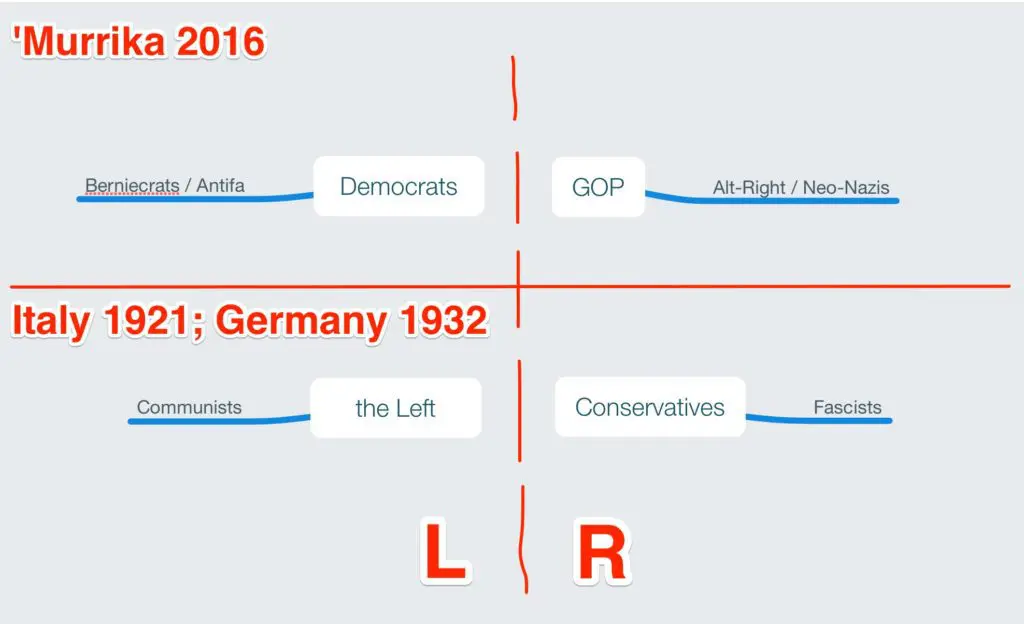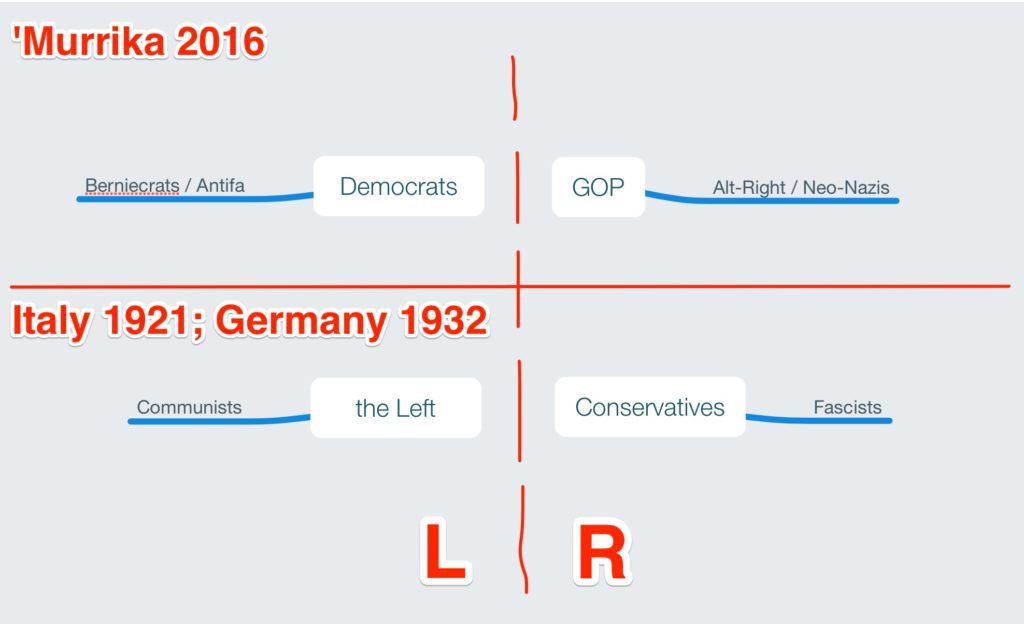Strong economic messages of the Keynesian buttressing of the middle class that is Bidenomics were everywhere in evidence at last night’s State of the Union address, Biden’s third since taking office in 2021. In SOTU 2024 he spoke about stabbing trickle-down economics in its gasping heart as a repeated failure to the American people. Instead of giving another $2 trillion tax cuts to billionaires, Biden wants to give back to the people who he says built America: the middle class.
The President delivered strong, sweeping language and vision reminiscent of LBJ’s Great Society and FDR‘s New Deal. He also delivered a heartwarming sense of unity and appeal to put down our bickering and get things done for the American people.
“We all come from somewhere — but we’re all Americans.”
This while lambasting the Republicans for scuttling the deal over the popular bipartisan immigration bill thanks to 11th hour interference from TFG (“my predecessor” as JRB called him). “This bill would save lives!” He is really effective at calling out the GOP‘s hypocrisy on border security with this delivery.
“We can fight about the border or we can fix the border. Send me a bill!”
He is taking full advantage of being the incumbent candidate here. He has the power and the track record to do all these things he is promising, and he’s telling the exact truth about the Republican obstructionism preventing the American people from having their government work for them.

I love that he calls out Trump in this speech, without naming names — almost a kind of Voldemort effect. He who must not be named — because giving him the dignity even of a name is more than he deserves.
He says that Trump and his cabal of anti-democratic political operatives have ancient ideas (hate, revenge, reactionary, etc.) — and that you can’t lead America with ancient ideas. In America, we look towards the future — relentlessly. Americans wants a president who will protect their rights — not take them away.
“I see a future… for all Americans!” he ends with, in a segment reminiscent of the great Martin Luther King’s “I Have a Dream” speech, with its clear vision of power and authority flowing from what is morally right and just, instead of what is corrupt and cronyish. It gave me hope for the future — that Americans will make the right choice, as we seem to have done under pressure, throughout our history. 🤞🏽
Continue reading Biden SOTU 2024: Success stories and big policy ideas






